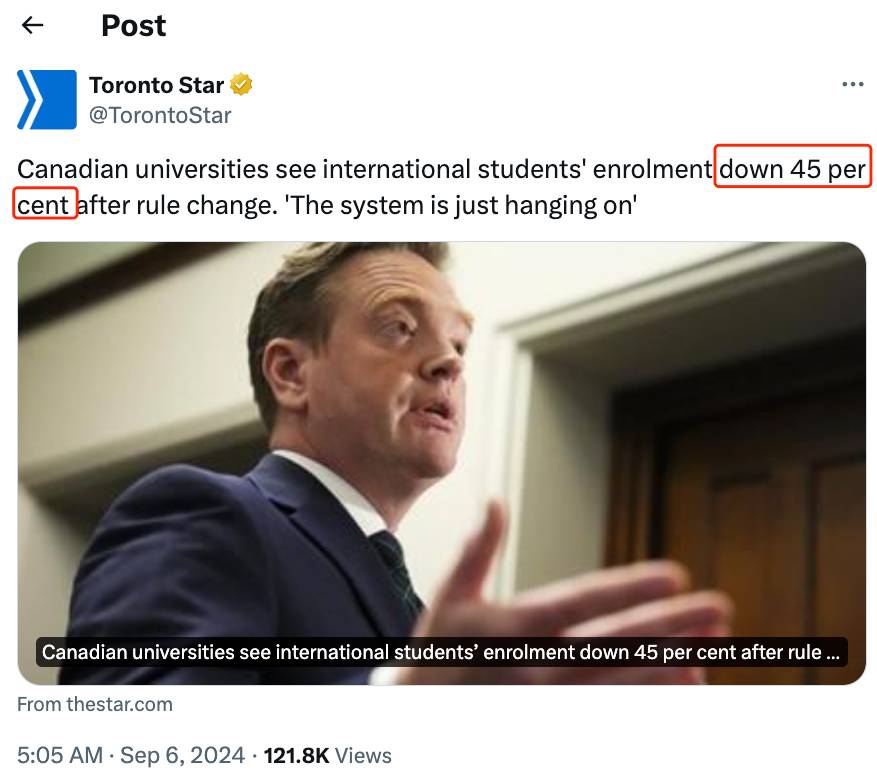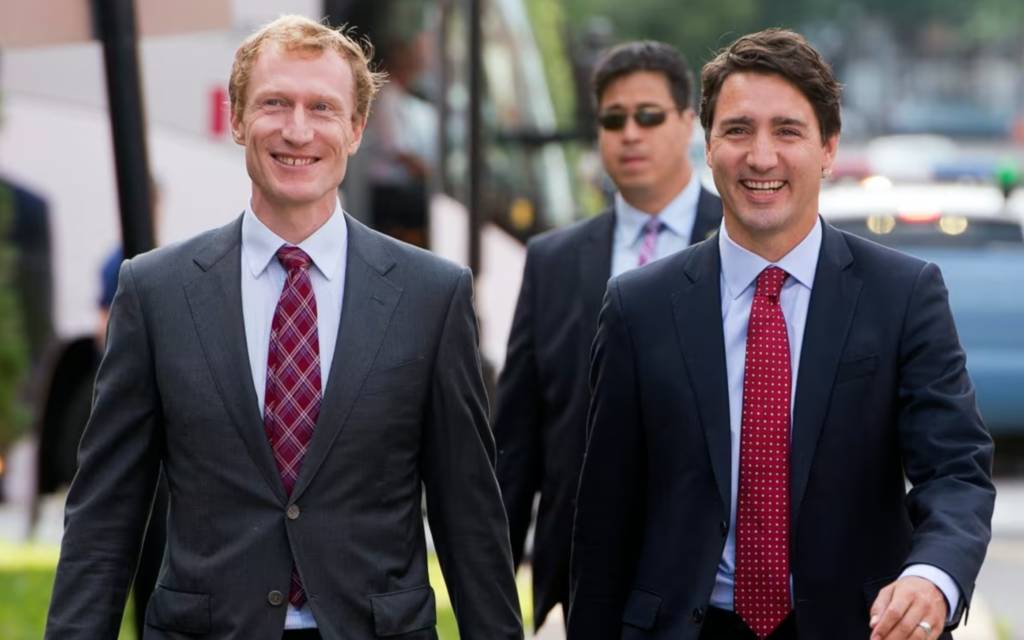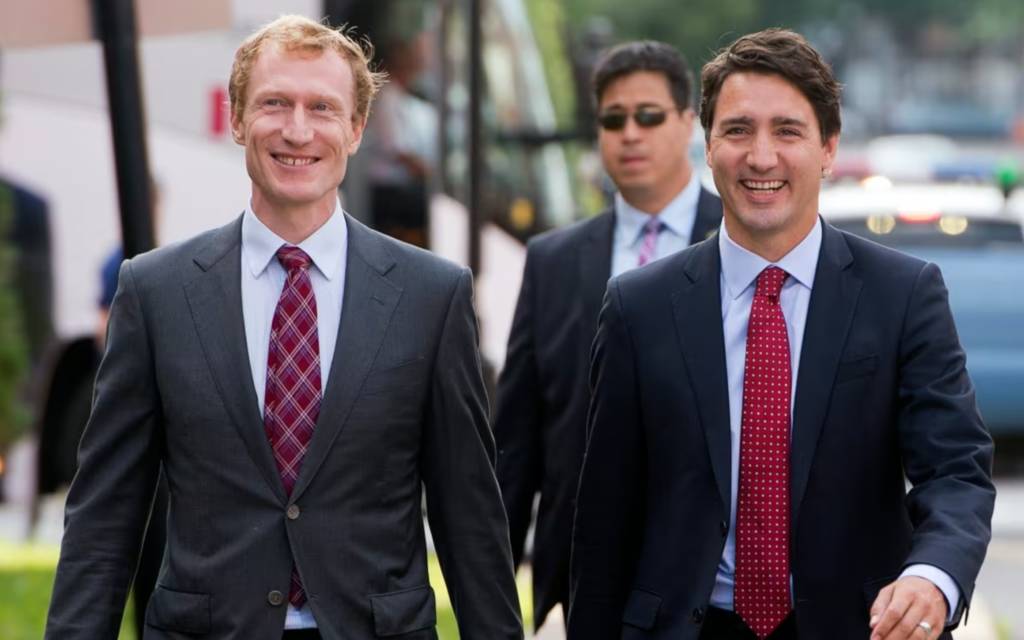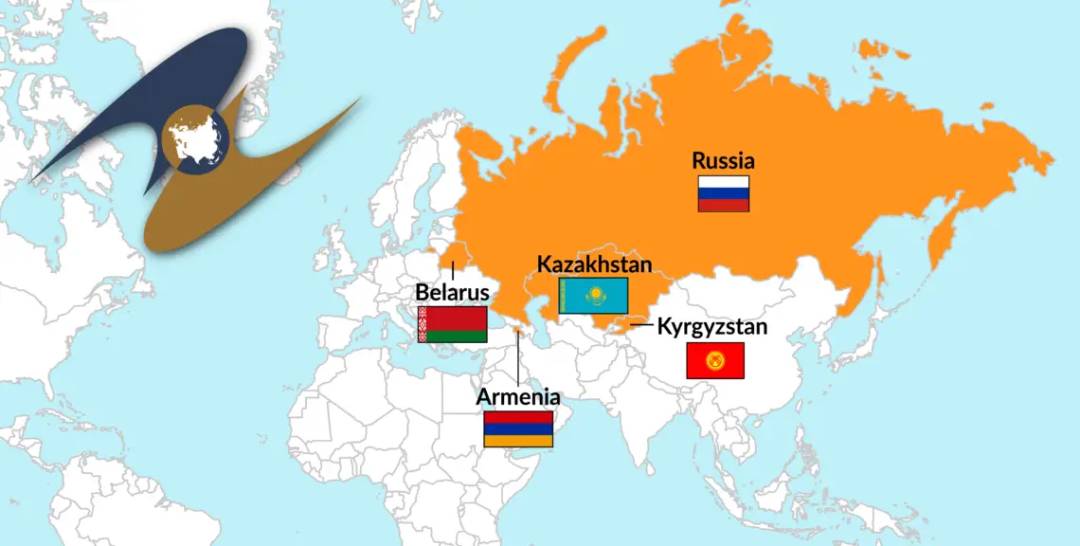Colleges and Universities in Trouble as International Student Numbers Plunge in Canada
The September school year is upon us, but Canada's colleges and universities are in dire straits. The impact of the Trudeau federal government's restrictive policies on student visas has been far greater than expected, with the number of international students enrolled at major colleges and universities plummeting by 45 per cent this fall, even more than the 35 per cent drop required by the Department of Immigration, according to leaders in the field.

Source: Images from the Internet, if there is any infringement, please contact the removal of
While complete enrollment data won't be released until next month, associations representing Canadian universities and colleges are saying they've seen a drop in international student numbers that far exceeds what was expected from the federal cap. In January, the federal government placed a cap on student visas, reducing the number of academic visas issued this year by 35 percent. The policy shift was a response by the Trudeau government to pressures in the housing market and other issues.
However, Gabriel Miller, president of the Canadian Association of Universities, which represents nearly 100 Canadian colleges and universities, said he expects international enrollment at universities to drop by at least 45 per cent this fall. “Alarm bells are ringing,” Mr. Miller said, ”and Canada's ability to compete for talented young people who could be coming here to study and then help us drive Canada's economy forward is taking a serious hit.” “The system is really just barely holding together,” Mr. Miller said in an interview on Thursday, ”and if it takes another hit in the next few weeks, it could be fatal.” He also noted that Canada's reputation as a welcoming country for foreign students has also suffered.
The situation will have a major impact on educational institutions, many of which are expected to run deficits as they struggle to find ways to make up for lower-than-expected international tuition revenue. “This is having a significant impact on our universities, and the most obvious manifestation of this is that universities across the country are saying they are now facing deficits,” Mr. Miller said. He cited McGill University, the University of Waterloo, Concordia University, and the University of Guelph, among others, as having deficits.
Mr. Miller said students must be on campus and registered by the 10th day of the academic calendar to confirm, and actual international student enrollment figures for universities will not be released until October. Over the past decade, tuition fees for international students have typically been several times higher than those for domestic students, contributing billions of dollars in additional funding to Canada's post-secondary institutions. But the program has tripled in size since 2015, prompting the federal government to step in and limit the number of new study visas to about 360,000 this year, which was later revised to about 290,000.
Federal Immigration Minister Mark Millar said in an interview that this year's enrollment figures could be volatile as the system is adjusted, but the decline could indicate the changes are working. “We're taking responsibility for a study-visa system that has been overheated and, I would say, used for purposes other than what it was intended for,” Miller said, describing the shift as a shift from what he called an ‘open low-pressure tank’ - where there were few limits on how many visas could be issued - to a stricter system with fewer restrictions on the number of students that could be admitted. to stricter quality control. “The numbers and caps set by the Department of Immigration are still very high, and no one can convincingly say that these numbers will be the death knell for credible institutions,” he said, ”but if we see a significant drop, we need to analyze it.”
Major universities, however, don't see it that way. Todd Mondor, president of the University of Winnipeg, said their declining international student enrollment has resulted in a $4.5 million shortfall in their budget. He said international undergraduate enrollment appears to be down about 18 percent and continuing education enrollment is down about 30 percent. Like other universities, President Mondor says they have to find a way to make up for the funding shortfall.
Larissa Bezo, director of the Canadian Bureau of International Study Education, warned months ago that the policy change would affect Canada's image in the competitive international marketplace. “The perception that we have closed the door to international students has done very serious damage to our industry,” Ms. Bezo said, ”and what we have to realize is the recovery time. When you suffer that kind of reputational damage, you need to think five to seven years, given the enrollment cycle and so on.”

Source: Images from the Internet, if there is any infringement, please contact the removal of
University of Toronto Professor Andreas Parker, on the other hand, points the finger directly at the Trudeau Liberal government. Prof. Parker said, “Trudeau's Liberals are destroying this country on a daily basis, and this is another piece of evidence. It will take them 10 years to undo the damage they have done. When universities are in trouble, Canada's future is in serious trouble. The Liberals have done nothing positive for the future and nothing to offset it.”
This plunge in the number of international students has undoubtedly posed a huge challenge to Canadian universities, not only in terms of financial deficits, but also in terms of international reputation. How to find a balance between policy adjustments and attracting international students will be a challenge that the Canadian government and colleges and universities will need to face together in the future.

Source: Images from the Internet, if there is any infringement, please contact the removal of
To solve the problem of plummeting international students, the Canadian government can consider the following measures:
Adjust the visa policy:
Relax the quota for student visa issuance: reassess and appropriately increase the quota ceiling for student visa issuance, reduce the quota restrictions on provinces and territories, especially for the regions with greater potential for growth in the number of international students, so as to avoid affecting the willingness of international students to apply for the program due to excessive cuts in the quota.
Optimize the visa review process: Simplify the requirements for visa application materials, shorten the visa review time and improve the efficiency of visa approval. For example, reduce the cumbersome requirements for documents such as proof of funds, and speed up the process of confirming the authenticity of the school's acceptance letter, so as to avoid the application being put on hold due to the school's untimely response.
Stabilization of visa policy: Avoid frequent and drastic adjustments to the visa policy, so as not to bring uncertainty and distress to international students. For example, if a sudden and drastic reduction in the number of student visas makes it difficult for both international students and universities to adapt, the government should fully assess the impact before adjusting the policy and give a reasonable transition time.
Strengthen the publicity and promotion of study abroad:
Highlight the advantages of studying in Canada: Through various channels, publicize the advantages of studying in Canada to international students, such as high-quality educational resources, a diversified cultural environment and good employment prospects. Produce promotional materials, organize study abroad seminars and online promotional activities to increase Canada's visibility and attractiveness in the international study abroad market.
Cooperating with colleges and universities to promote: The government and colleges and universities jointly carry out enrollment promotional activities, organize colleges and universities to participate in education exhibitions abroad, and display the specialties, teaching achievements and campus cultures of Canadian colleges and universities. Provide certain financial and resource support for colleges and universities to encourage them to actively expand international student sources.
Improve international image: In response to the negative image of “closing the door to international students” that may be brought to Canada by the policy change, the government should actively explain the purpose and significance of the policy adjustment to the international community by means of official statements, media reports, etc., emphasizing that international students are still welcome in Canada, and eliminating misunderstandings and adverse impacts.

Source: Images from the Internet, if there is any infringement, please contact the removal of
Improve education quality and services:
Improve the quality of teaching: Encourage colleges and universities to increase their investment in teaching, upgrade the level of faculty, update teaching facilities, and optimize the curriculum to ensure that international students can receive high-quality education. Strengthen the supervision and assessment of teaching quality in colleges and universities, and establish a strict quality assurance system.
Enhance student support services: Colleges and universities provide more study support for international students, such as academic counseling, language training, and cultural adaptation guidance. At the same time, improve living services for international students, such as providing safe and comfortable accommodation, convenient transportation and medical services.
Increase internship and employment opportunities: The government cooperates with enterprises to provide more internship and employment opportunities for international students, such as setting up special internship programs for international students and encouraging enterprises to recruit international students. Ease the conditions for international students to obtain work visas after graduation and extend the validity period of work visas, so that international students can have more time to accumulate work experience in Canada and lay the foundation for their future career development.
Promote multicultural integration:
Carry out cultural exchange activities: Organize colorful cultural exchange activities in schools and communities to promote interaction and exchange between local students and international students, enhance mutual understanding and friendship, and help international students better integrate into the local society.
Strengthening multicultural education: Incorporate multicultural education content into the education system, cultivate students' respect for and tolerance of different cultures, and create a tolerant and harmonious social environment in which international students can feel respect and acceptance.
Provide financial support and scholarships:
Establish scholarships for international students: The government and universities will jointly establish more scholarship programs and open applications to international students, who will be selected based on their academic performance, professional ability, social contribution and other factors, so as to provide financial support to outstanding international students and alleviate their burden of tuition fees and living expenses.
Provide tuition fee concessions: For international students from specific countries or regions, or those who choose specific majors, a certain percentage of tuition fee concessions will be given to attract more students to study in Canada.
-------- END --------






